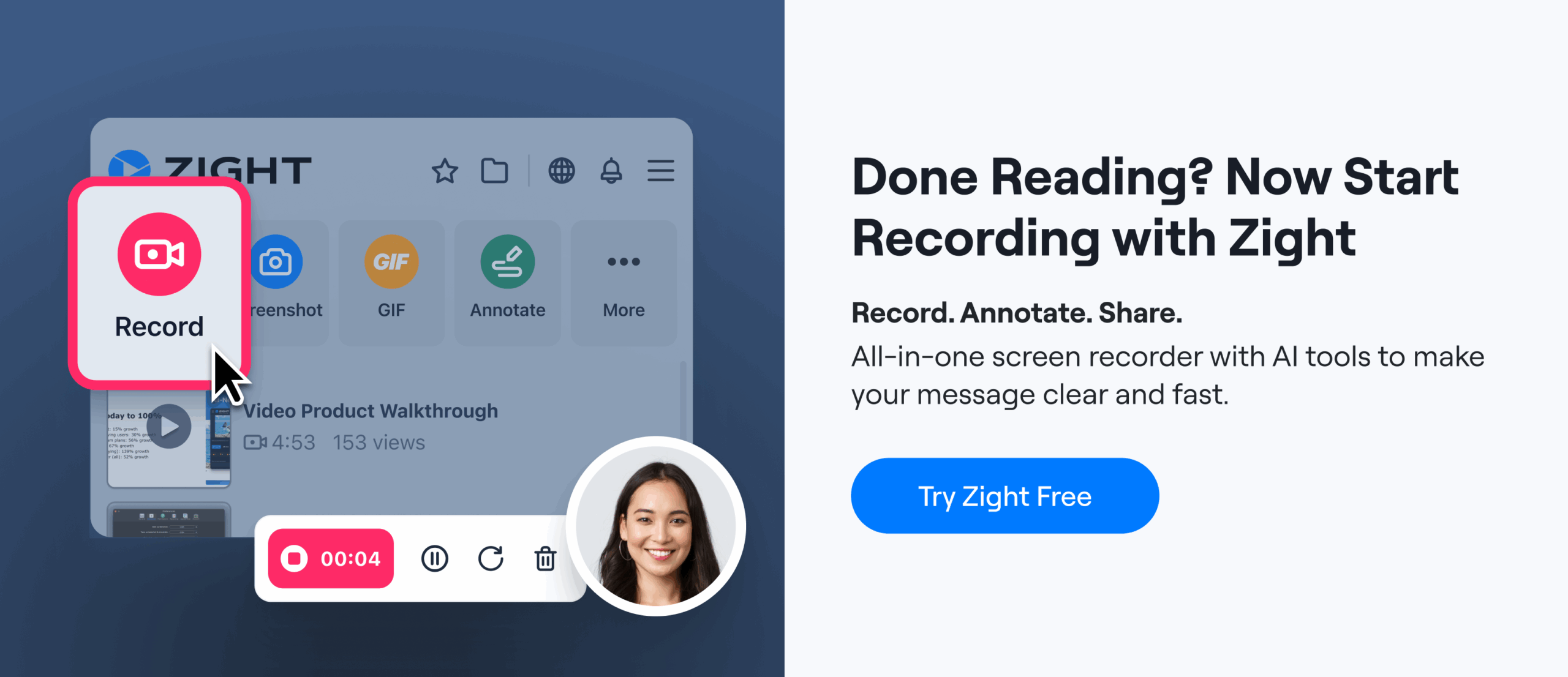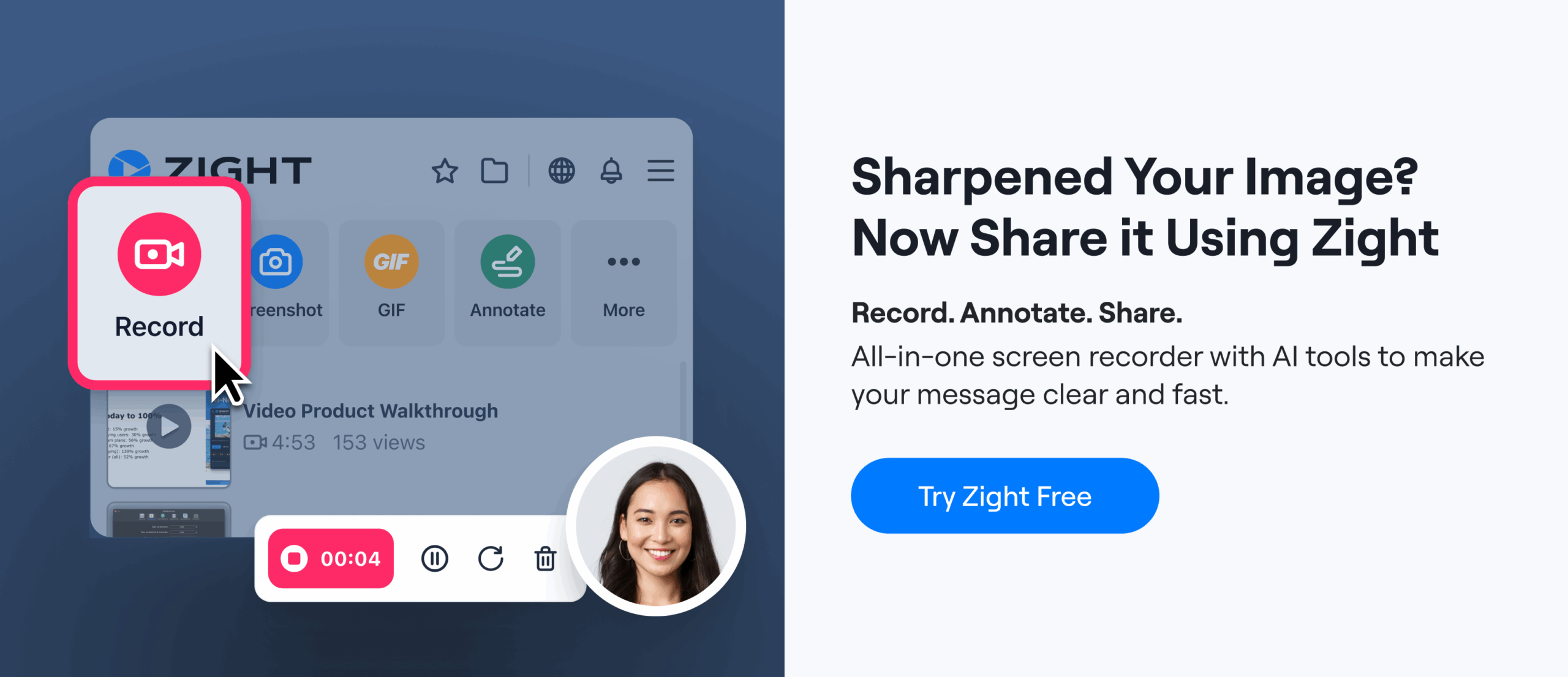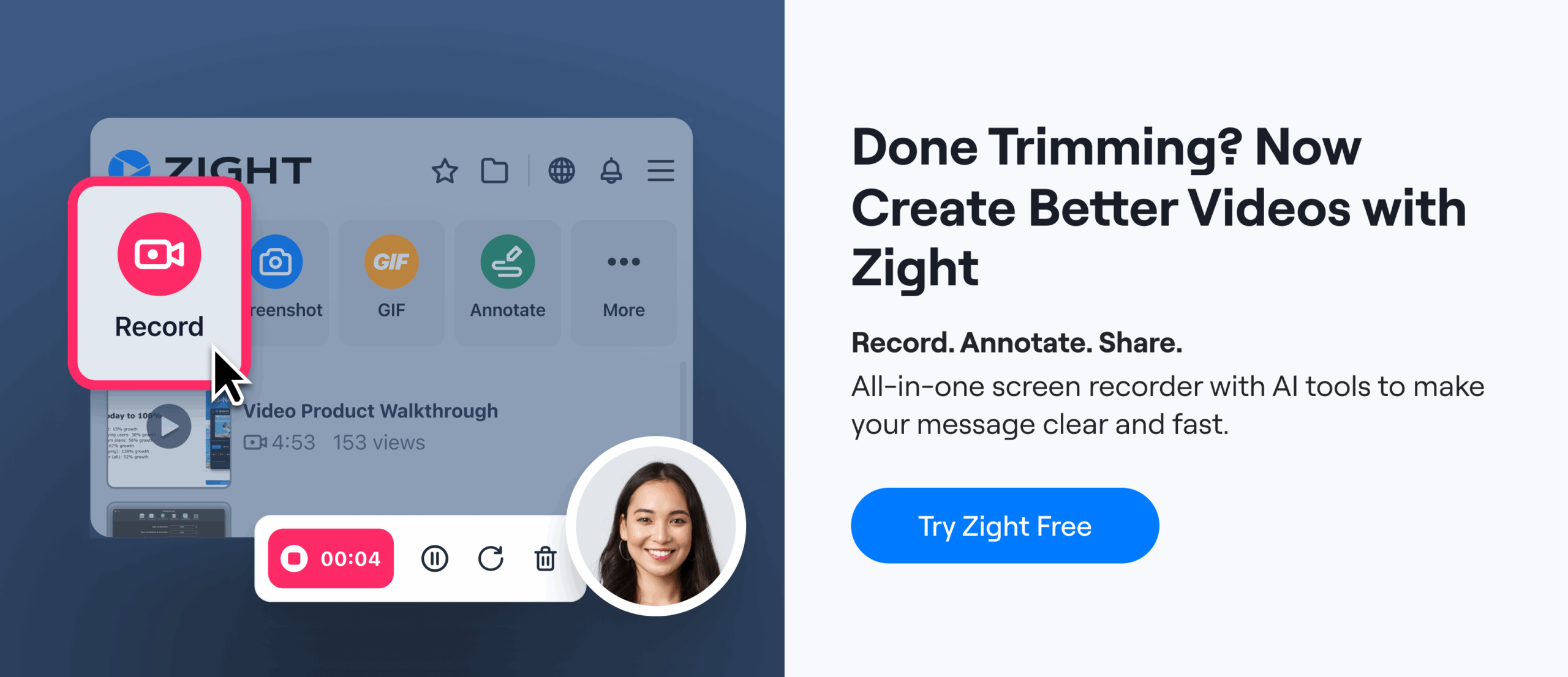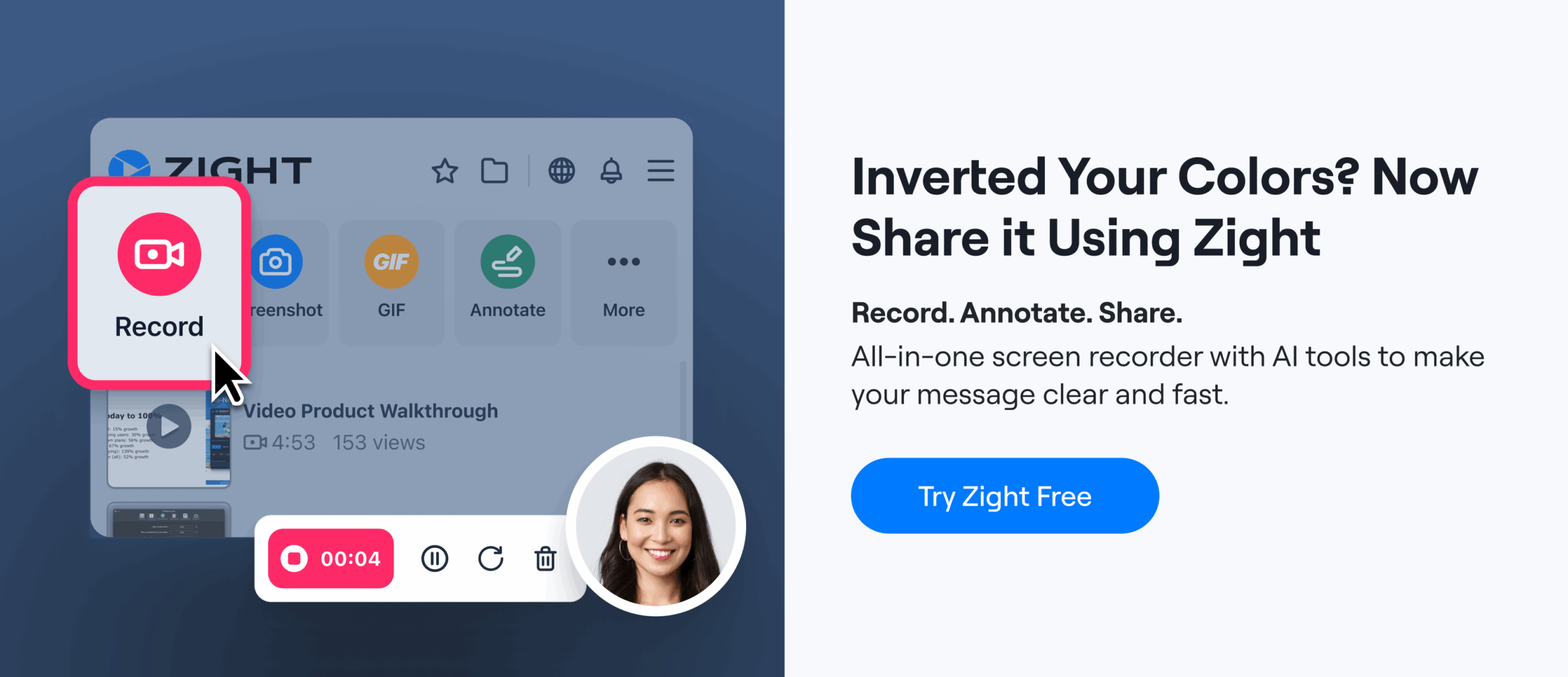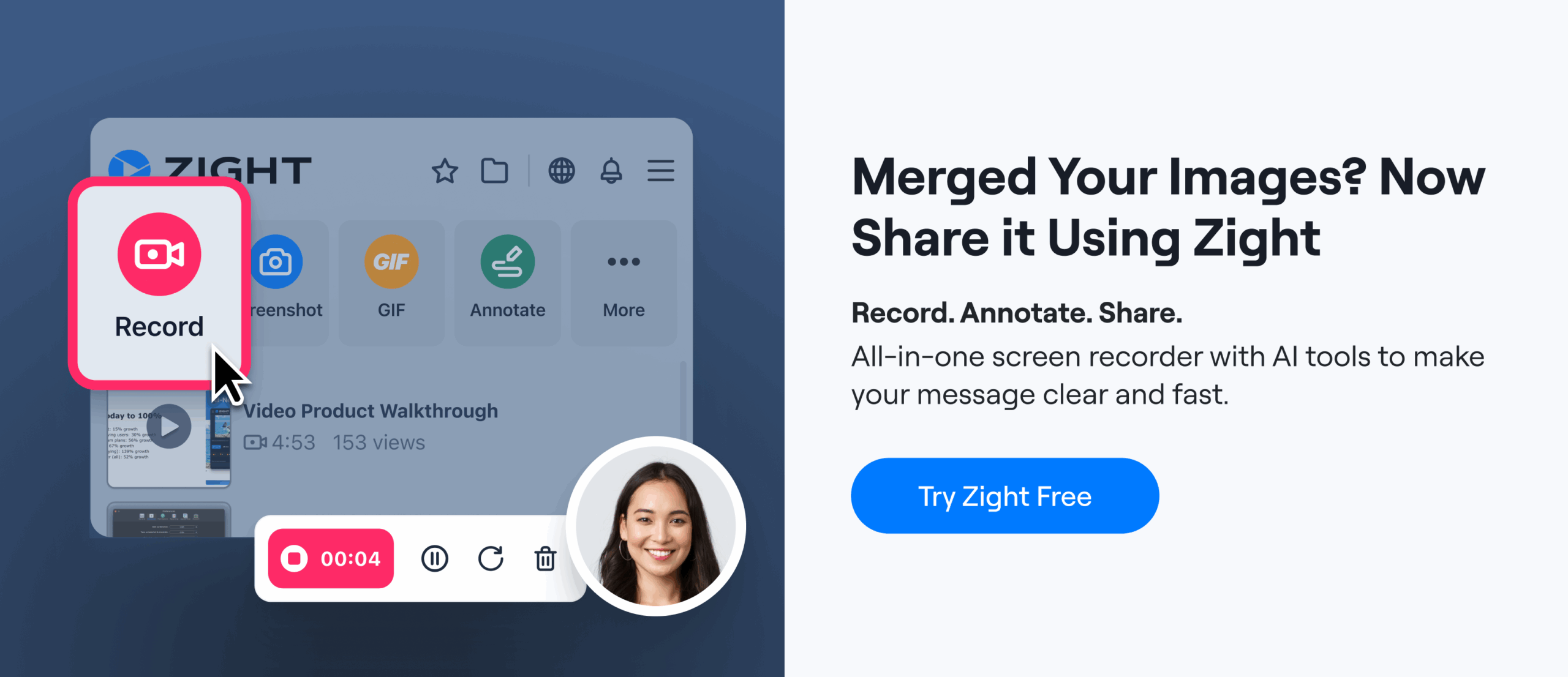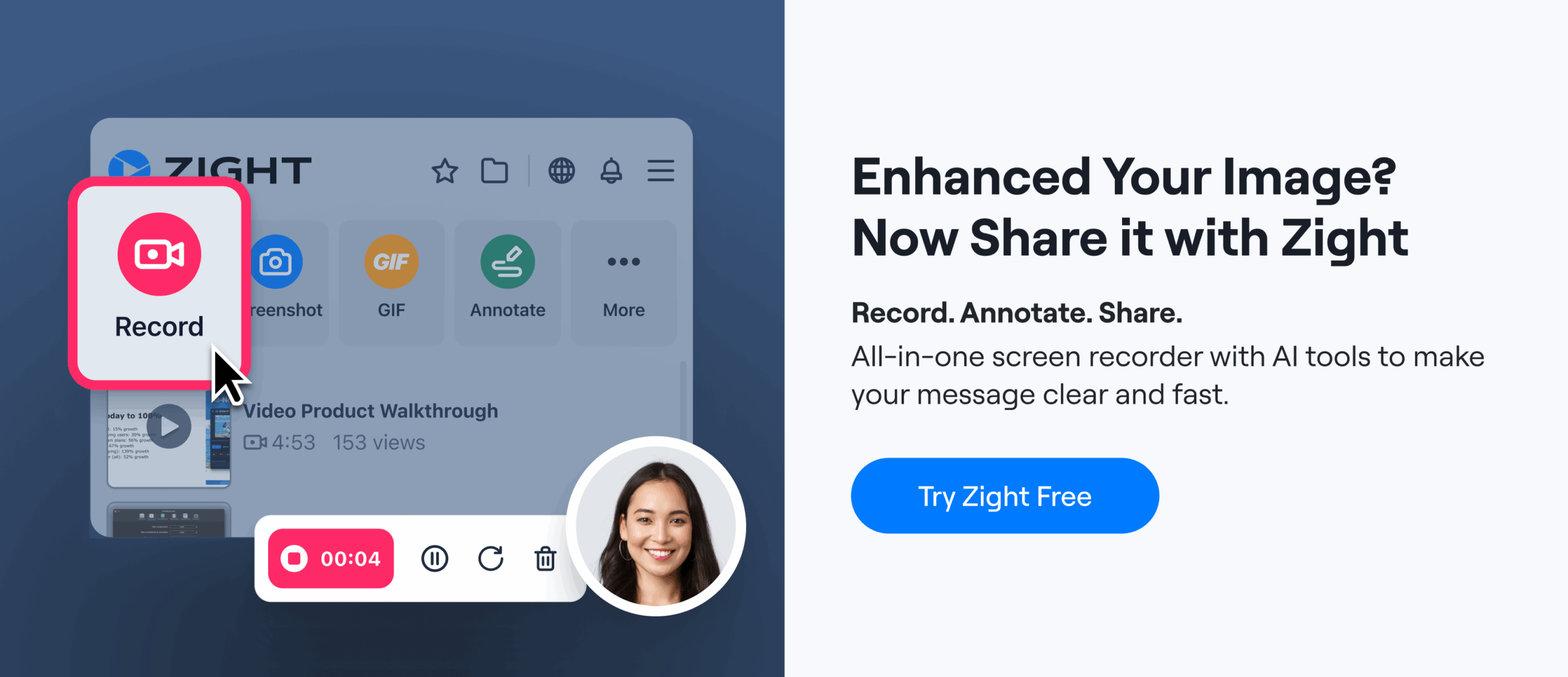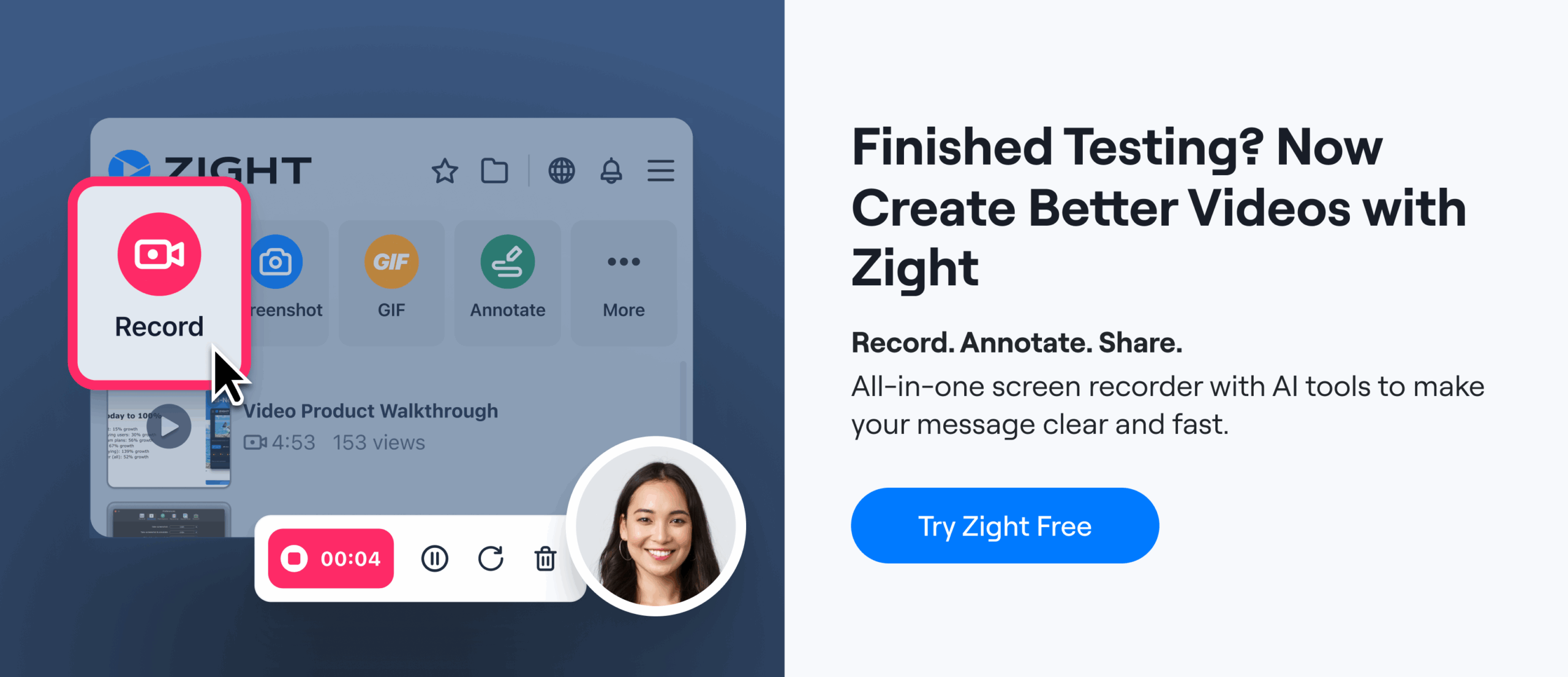/*! elementor – v3.8.1 – 13-11-2022 */
.elementor-heading-title{padding:0;margin:0;line-height:1}.elementor-widget-heading .elementor-heading-title[class*=elementor-size-]>a{color:inherit;font-size:inherit;line-height:inherit}.elementor-widget-heading .elementor-heading-title.elementor-size-small{font-size:15px}.elementor-widget-heading .elementor-heading-title.elementor-size-medium{font-size:19px}.elementor-widget-heading .elementor-heading-title.elementor-size-large{font-size:29px}.elementor-widget-heading .elementor-heading-title.elementor-size-xl{font-size:39px}.elementor-widget-heading .elementor-heading-title.elementor-size-xxl{font-size:59px}
Product managers play a quintessential role in most organizations. And it’s no small feat developing future strategies, setting the direction for new products and features, and simultaneously gaining insight on how each part resonates with your users. Not to mention keeping all this in motion by keeping your team on track.
It’s a lot to manage. And, having the best product management tools is essential to help you and your team succeed. The right tools can help you reduce pressure, stay organized, and even enjoy your role more. We’ve compiled a list of some of the best product management tools available to help you propel you and your team into success. While we’ve carefully vetted every software, any or all of them would be useful additions to your workflows.
Best Product Management Tools every Product Manager Should Have in Their Workflow
There are a few different kinds of tools every great product manager should have in their workflows. We’ve compiled the best product management tools in the following categories:
- Collaboration
- Project Management
- Product Roadmap / Strategy
- Team Messaging Tools
- User Research / Customer Feedback
- Email Marketing
- Analytics
- Session Replay / Heatmap Tools
- Feature Flagging Software
Collaboration Tools for Product Managers
Brainstorming sessions, meetings, or even break-room conversations can be excellent sources of new ideas. Instead of scribbling down your next best product feature on a napkin, we recommend capturing and organizing those spur-of-the-moment ideas with the following collaboration tools. These can help you stay organized and make sure the actionable next steps don’t fall through the cracks.
Don’t lose your next best idea on a napkin! Use a powerful collaboration tool to keep ideas together and help your team transform insights into actionable tasks.
Evernote
Evernote is a cloud-based app that allows teams to collaborate on documents, notes, and more. It stores all your information in the cloud, making collaboration, editing, and sharing simple from any device. Depending on the functionality you need, there are free and paid versions available. Evernote makes it easy for anyone in your team to jot down their next best idea on their phone, tablet, or desktop computer while making it accessible to the rest of your team for collaboration.
Google Drive
Google Drive is one of the leaders in collaborative cloud-based software. Whether you’re working in a Google Doc, spreadsheet, or presentation in Google Slides, all team members can work simultaneously and see live changes as they happen, making capturing new ideas for products or brainstorming in a meeting even easier. Google Drive is free and can be one of the best product management tools you have in your roster. If you have a Google account, either personally or through your organization, you already have a Google Drive.
Microsoft 365
Microsoft 365, formerly known as Office 365, is Microsoft’s equivalent of Google Drive. Your team can access cloud-based storage where they can share Word documents, Excel spreadsheets, Powerpoints, and more. They’re all cloud-based, where your team can collaborate simultaneously or at different times.
Project Management Tools for Product Managers
Product managers are usually responsible for keeping your product, and new feature launches on track – which means keeping your team organized and on track. One of the best ways to make sure no detail falls through the cracks is to have a robust project management tool. Which one’s the best? It depends on what you need.
BaseCamp
Out of the three project management software, one of the easiest to start with is Basecamp. It gives teams excellent visibility into communications with customers and team members. However, depending on what you need, it might be lacking in some functionality, such as recurring tasks. However, if you’re looking for a more straightforward project management software to start with, BaseCamp might be the right fit for your team as there is a very short learning curve.
Asana
Asana is one of the most widely used project management software, and with good reason. Many product managers find it’s the perfect fit between ease of use and functionality. Keeping product launches on track is simple with visuals like timelines, kanban boards, or projects. You can get a macro view of the progress and deadlines, or zoom into the individual tasks to get to product launch.
Jira by Atlassian
Users consistently rate Jira as one of the top project management software available. It’s the most capable project management software we’re recommending and the most complicated to learn. If you need a feature or functionality, chances are it’s in Jira. And if not, there’s a possible add-on solution, assuming your team is tech-savvy enough to implement it. Jira is also one of the best tools if your team uses agile project management.
Best Product Roadmap / Strategy Tools for Product Managers
Having the best road mapping tools is a must for any great product manager. A great road-mapping tool should help you plan your work and work your plan. Whether it’s short or long term goals, when they’re due or how to complete them, your road map should be easy to use and access by all team members.
Aha!
Aha! is a product strategy and road mapping tool to help you visually build your product plan. You can use the Aha! score to decide which business values, features, or user stories your team wants to prioritize. It also integrates with other tools likely already in your workflow like Jira.
ProductPlan
Product Plan helps you create, plan, and visualize your product roadmap. It’s all displayed in a beautiful visual format to help you and your team quickly understand where you are in the plan, and what you need to do.
Monday.com
Monday.com is both a visual product roadmap and a project management tool – similar to Monday.com alternatives like Airtable. It’s easy for remote or in-office teams to stay up-to-date and organized on product launches. It offers visual solutions to display where you are in a product launch and much more.
Best Team Messaging Tools for Product Managers
Slack
Slack is a great way to bring your team together, whether you’re working in the office or remotely. It’s easy to use on desktop or mobile and has great integrations with software like Zight (formerly CloudApp) to make communications more straightforward. You can create different channels for different departments or topics for your product launch to keep discussions organized and accessible to your whole team. And, not to mention the ever-important GIF feature.
Microsoft Teams
Microsoft Teams, like Slack, is a messaging app to keep your team connected. If you’re already using Microsoft 365, Teams will integrate perfectly with all the other Microsoft products you’re already using. If you create a workspace in your team’s SharePoint, a group chat with the same name is automatically created within Teams. If you add people to the workspace, they’re added to the teams group chat, and vice versa.
Google Hangouts
Google Hangouts, or GChat, is Google’s messaging platform. It’s free, and if you’re already keeping all your files in Google Drive and usually have your Gmail open, Google hangouts might be the right choice for your team. GChat automatically opens with your email client, while Google Hangouts can be opened in your browser or as an app on your phone to keep organizations connected.
Best User Research / Customer Feedback for Product Managers
Do you know how your top users are using your product? Do you know features they feel like they’re missing? It doesn’t matter what industry you’re in; keeping in touch with your audience is a must. However, it can be overwhelming to get in touch with your audience and collecting the necessary feedback and data to make the best product decisions. But, with the right tools, it can be a breeze. We’ve compiled some of the best tools to help you with your user research.
Zendesk
Zendesk is one of the industry leaders in customer feedback. It allows your team to gather information on your users’ interactions while also providing a platform for them to interact directly and respond to customer inquiries. Zendesk also integrates with other excellent product management tools like Zight (formerly CloudApp). Combining both software allows you to enrich your customer interactions with visual communication.
Google Forms
If you’re looking for more formal feedback from your customers, Google Forms is a free and easy way to create surveys with a variety of question types. Google Forms even allows you to select follow up questions based on users’ answers, allowing you to easily customize your survey to get the information you need from your users. If you’re already using Google Drive for your organization, Google Forms will be a natural integration with your currency product management tools.
Survey Monkey
Survey Monkey is the current and long-time industry leader in survey software. You can get started on Survey Monkey for free, but there are paid versions available with additional features ranging from around $20 a month to upwards of $100 a month.
Survey Monkey has a plethora of tools and features to put together a survey in mere minutes. From simple ‘yes/no’ questions to multiple-choice, drop-down, open-ended, and much more, they’ve created an excellent survey incredibly simple. If you’re not sure where to start, Survey Monkey even has pre-made templates based on common survey types, or industry-specific surveys to get you started.
Customer Case by StiltSoft
Some customer feedback tools can feed directly into your other software. For instance, Jira by Atlassian integrates directly with Customer Case, an app to help your team connect with your customers. It allows you to view your customers’ email addresses, read data from the host application, and much more.
Zight (formerly CloudApp)
While surveys can be a useful tool for getting feedback from customers, using visual communication tools can give you richer user insights. For instance, you can use the recording features for customer interviews. Zight (formerly CloudApp) is one of the best tools for asynchronous communication, making customer interviews a breeze. You and your team can create simple, personalized dual-screen and webcam recording videos to send to your customers. Then, they can respond when they have time.
Best Email Marketing Tools For Product Managers
Email marketing is one of the traditional forms of advertising that hasn’t gone the way of the dinosaur yet. In fact, for product managers, it can be one of the most useful tools in your arsenal for getting in touch with customers about new products, product features, or delivering a survey. However, just like with surveys, it can be easy to overuse email marketing tools, so be sure to use them sparingly to avoid your customer base unsubscribing.
MailChimp
MailChimp is one of the leaders in email marketing. It’s easy to send out visually appealing emails to your email list and also provides helpful analytics so you can gauge the effectiveness of your emails. You’re also able to create different email lists to tailor your audiences.
Sendinblue
Although MailChimp is the industry leader in email marketing, it does have its limitations. Sendinblue is one of the most popular MailChimp alternatives. It has many of the same features. However, the payment structure is different. MailChimp can get pricey as your email lists grow. If you have a pretty extensive email list but only send occasional emails, Sendinblue may be a better alternative for you and your team.
Analytics Tools for Product Managers
While surveys and interviews can offer a plethora of valuable insight into what your market says and thinks, having powerful analytics product management tools will give you insight into your customers’ actions.
Suppose your company maintains a significant amount of content on its website or sells software. In that case, you’ll want to deploy some analytics tools in your product stack to discover what your customers are connecting with, and what they’re not.
Google Analytics
Google Analytics is the industry leader in website analytics. If it’s not already considered one of your best product management tools for gaining customer insights, it should be. Google Analytics can track just about anything on your site and offers more data than you might ever need. However, Google Analytics is not customized for product managers, which is why we recommend using it in tandem with another tool that has specific features like user heatmapping.
Pendo
Pendo is a web analytics tool customized for product teams. Integrating it into your product stack means gaining valuable insights into what your customers are doing across their product journey. It has helpful tools to help you visualize your data. For instance, OneBridge, a Pendo user, created a graph of value vs. effort. This visualization helped them decide which product features were low effort and high value (and vice versa) to focus their efforts.
Amplitude
Amplitude is another software customized for product managers to help them find out more about what on their site is resonating with their target market, and what isn’t. It gives you in-depth data on product analytics, data management, behavioral targeting, and team collaboration.
Conclusion
Product managers have a lot of data, people, projects, and insights to analyze, organize, and keep on track. Having the best product management tools can be the difference in helping you excel in your position. We hope this list of best product management tools helped you discover some useful assets to add to your product stack.
Don’t forget to download a free version of Zight (formerly CloudApp), the tool making inter-team communication and customer communication more manageable than ever. You can create screenshots, GIFs, and dual-screen and webcam recordings in mere seconds. Additionally, the seamless integrations with many of the tools listed means quickly dragging it from where it’s stored in the cloud directly in your email, chat, project management software, or whatever software you’re working in.
Did we mention it’s free to get started? Start saving time by communicating at the speed of sight by downloading Zight (formerly CloudApp) today.



